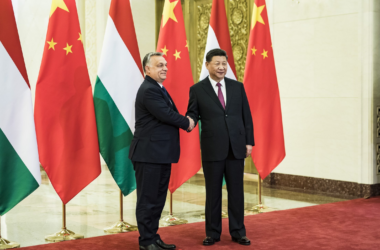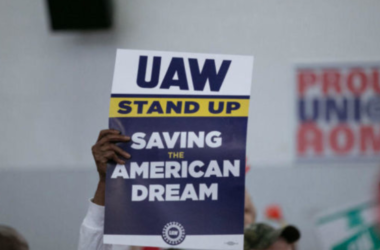In a significant development, British politician Jacob Rees-Mogg has called for a comprehensive inquiry into the origins of the COVID-19 virus, urging investigators to scrutinize the possibility of its being man-made. The call for a thorough examination of the virus’s origins comes amid global efforts to understand the roots of the pandemic and address lingering questions surrounding its emergence.
Rees-Mogg’s assertion underscores the importance of leaving no stone unturned in the quest for knowledge about the virus that has reshaped the world in unprecedented ways. As the international community continues to grapple with the repercussions of the pandemic, understanding the origins of the virus is paramount for preventing future outbreaks and mitigating the impact of infectious diseases.
The inquiry, as proposed by Rees-Mogg, is expected to delve into the question of whether COVID-19 could have originated in a laboratory setting rather than through natural means. This line of investigation has been a subject of debate and speculation since the early stages of the pandemic, with various theories circulating about the virus’s transmission from animals to humans or its accidental release from a research facility.
Rees-Mogg’s advocacy for a comprehensive inquiry aligns with the broader global sentiment calling for transparency and accountability in understanding the circumstances surrounding the initial spread of the virus. The inquiry, if initiated, would likely involve scientific experts, health officials, and researchers to meticulously examine available evidence and draw informed conclusions about the virus’s origin.
It is imperative to acknowledge that the call for an inquiry is not an isolated sentiment but rather part of a larger discourse on the need for a thorough understanding of the pandemic’s genesis. The inclusion of this investigation into the virus’s potential man-made origin aims to address lingering uncertainties and provide a more comprehensive picture for policymakers, healthcare professionals, and the general public.
As the international community navigates the complexities of managing the ongoing pandemic and prepares for potential future health crises, insights gained from a meticulous inquiry into the virus’s origin could have far-reaching implications. From shaping public health strategies to influencing global cooperation in pandemic preparedness, the findings of such an investigation may contribute to building a more resilient and proactive response to infectious diseases.
In conclusion, Jacob Rees-Mogg’s call for the inclusion of an inquiry into the possible man-made origin of COVID-19 in the broader investigation into the pandemic’s origins highlights the ongoing quest for transparency and understanding. As the world continues to grapple with the far-reaching consequences of the virus, a comprehensive inquiry into its origins may provide crucial insights for shaping future global health strategies and responses.








